Apple to add encryption to iCloud back ups as a way to prevent future demands from the government
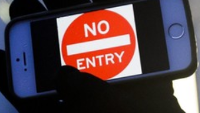
Apple has repeatedly said that if the government had not changed the Apple ID belonging to the Apple iPhone 5c used by terrorist Syed Farook, it would have been able to provide the DOJ with the information it is requesting from Apple. But changing the password forces the company to develop a unique OS it calls GovernmentOS or GovtOS, in order to unlock the handset and deliver the requested information.
Had the Apple ID not been changed, Apple could have backed up the data on the phone to iCloud via Wi-Fi; that would have allowed Apple to comply with the court order without all of this drama. But now that Apple has made it clear that this option is available to it, the company is worried that the government might demand that Apple use this method in the future to help it gather evidence in similar situations. As we pointed out last week, there have been a number of other cases where the Justice Department has asked Apple to unlock an iPhone.
To prevent this from happening time and again, Apple is rumored to be working on an unhackable iPhone. In addition, the company wants to add encryption to iCloud back ups. This way, not even Apple would have access to it. While that might make iPhone users feel safer, if that iPhone user were to forget or lose his iCloud password, he would be SOL since Apple would be unable to recover the data.
By encrypting iCloud back ups, Apple would be preventing itself from being able to access a consumer's iPhone. And that should prevent the government from seeking court orders forcing Apple to unlock iOS devices in the future. While FBI director James Comey said that the government is not trying to set a precedent by getting Apple to unlock Farook's phone, he did say that the ruling "will be instructive for other courts." Apple wants this to all end right here, right now.
source: FinancialTimes
By encrypting iCloud back ups, Apple would be preventing itself from being able to access a consumer's iPhone. And that should prevent the government from seeking court orders forcing Apple to unlock iOS devices in the future. While FBI director James Comey said that the government is not trying to set a precedent by getting Apple to unlock Farook's phone, he did say that the ruling "will be instructive for other courts." Apple wants this to all end right here, right now.
Follow us on Google News





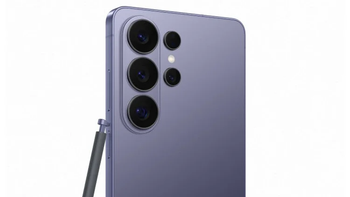


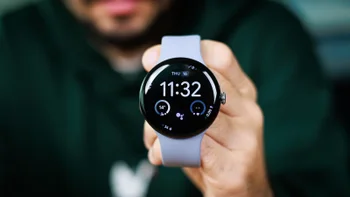
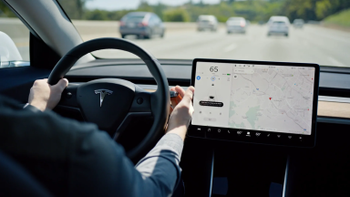
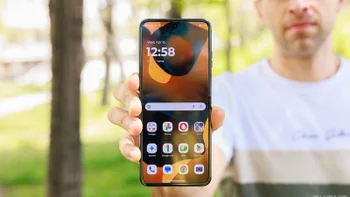

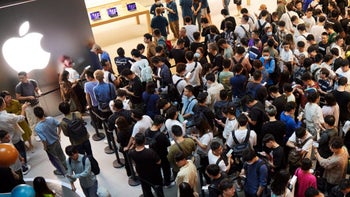
Things that are NOT allowed:
To help keep our community safe and free from spam, we apply temporary limits to newly created accounts: